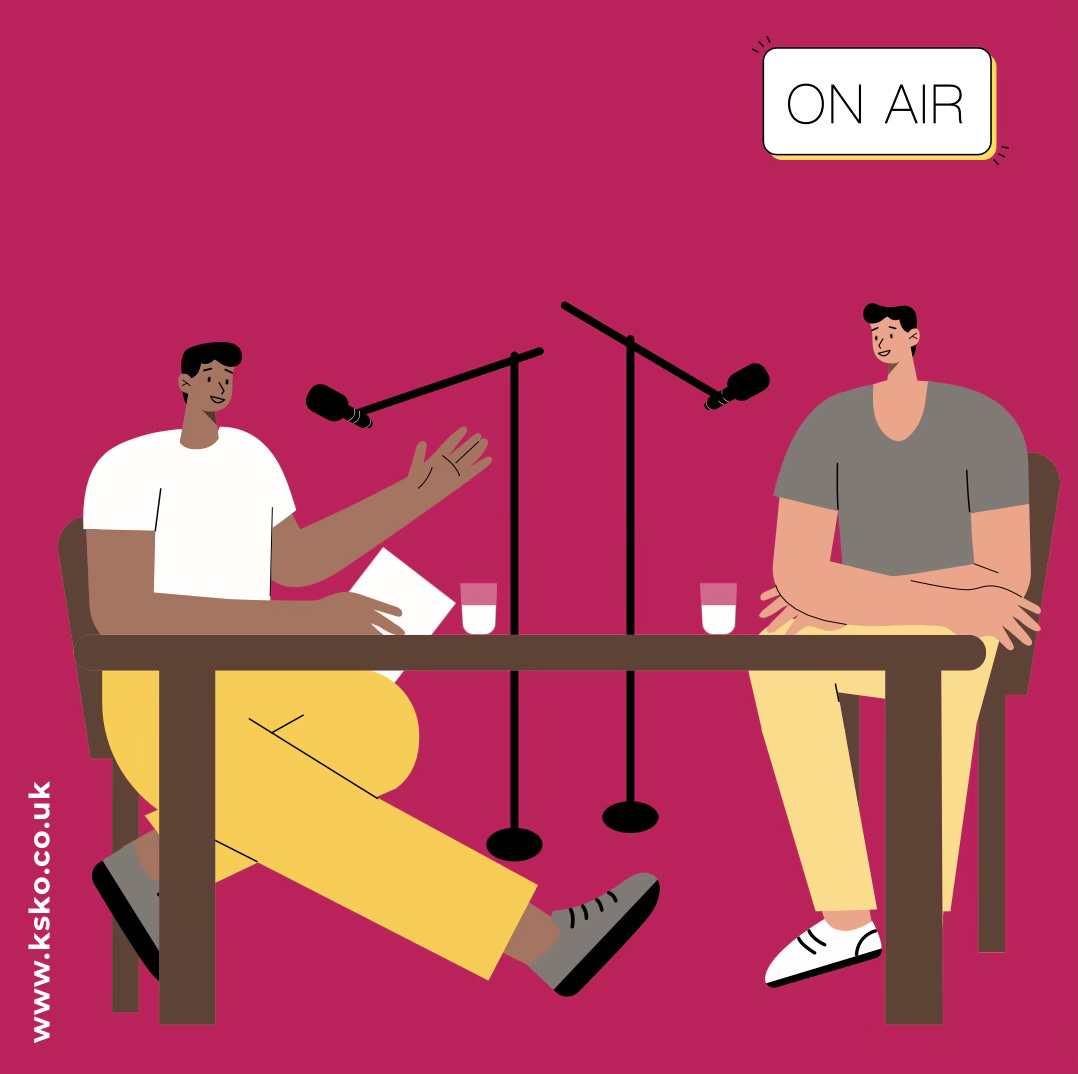Elevate Your Leadership Voice: 5 Filler Words That Sabotage Your Success
Knowing Self-Aware Leadership
Hello KSKOers
I’ve learnt a lot about speaking from my podcast. Listening back and editing focuses the attention on both what is being said and how. I’ve discovered that there are people who are good speakers, who can make an answer flow. There are also people who cannot. There are calm, loquacious, serenaders and repetitive, comfort-phrase clutchers. There are orators and ‘nor-ators’. Let’s explore the filler words to ditch to sharpen your delivery and elevate your leadership voice.
Looking forward to joining you on your learning journey
Start Here
What you say and how you say it has a huge impact on your reputation and how you’re received and perceived by others. Recognition of your impact is the second layer of my definition of self-aware leadership. It’s hugely important to recognise that the way you speak influences how others receive and perceive you. Once you recognise it, you can make choices about what you want to change and improve. With recognition, you can take back ownership of creating your leadership reputation through your leadership voice.
My podcast editing software is a clever piece of kit. It can automatically remove filler words and shorten the length of silence-filled gaps on command.
“Be gone! you pesky ‘um's’ and ‘ah's’!”
It's great for polishing up a podcast ready for release. So what filler words are most commonly polished out and tidied up?
1. Um
‘Um’ is definitely the most frequently used filler word. Or maybe I should call it the sound of ‘thought’. As an editor, ‘um’ causes me least angst, because my software will auto-remove it in three simple clicks!!
There’s a story recounted by Kim Scott in ‘Radical Candor’. Her manager gave her feedback after a presentation. Kim really wasn’t getting it and eventually her manager had to be quite blunt and told her that saying ‘um’ so much made her sound stupid. Harsh but true!
Um vocalises your thought processes and suggests to the listener that you’re thinking on your feet. As a leader you need to decide if you want people to know you’re making it up as you go along or whether you have a considered answer ready to go. My advice Make a conscious decision to replace um with silence. It’s the better option. If you say um I’m assuming you are making it up. If you are silent, I’m assuming you’re thinking deeply. Which would you prefer me to think?
What I have discovered, which makes me rather sad, is that many people’s first interview utterance is 'um'. Often allowed by 'well....'.
“So, tell us a little bit about your career journey.”
“Um……well……”
If I could share any advice, it would be to know what you’re going to say first. If interview questions aren’t shared with you before hand, ask for them. And if the host says they don’t prepare and prefer to go with the flow, be like a politician. Decide what you’re going to say regardless of the question. Prep it. Practice it. Own it. And if all else fails, use a few quiet seconds of thinking time instead of um.
2. So
It’s my guiltiest of parlance pleasures. But I irritate myself. It’s undoubtedly a clear indication of summing up. It ends a topic, it ends a theme and it helps the talkative take a pause!
‘So, what’s your definition of self-awareness?’
‘So, what I think you’re saying is…’
‘So, in summary…’
If you’re a leader who needs to summarise and bring people together on one salient point, a clap of the hands and a ‘so’, followed by a short pause can capture an audience.
I asked ChatGPT, “What's the etymology of 'so' at the beginning of sentences?” and I was surprised to discover It has roots in old English and can be traced to Germanic origins too. Then I remembered, in school we often started sentences with ‘therefore’. So, it’s simply an alternative!
What I have realised, is that deleting ‘so’ from my podcast script detracts little from the conversation. It omits nothing from the meaning, which suggests it adds little to it either. Therefore, it’s simply a filler word what we can take or leave.
My advice?
Keep reading with a 7-day free trial
Subscribe to Knowing Self-Aware Leadership to keep reading this post and get 7 days of free access to the full post archives.











